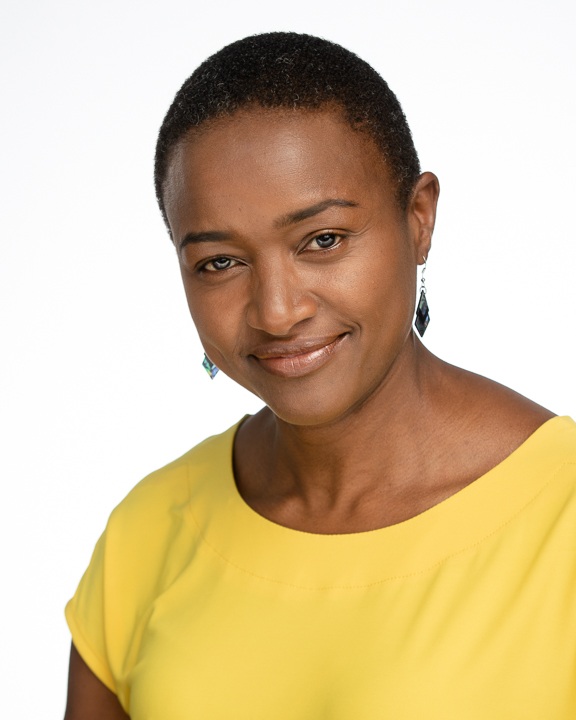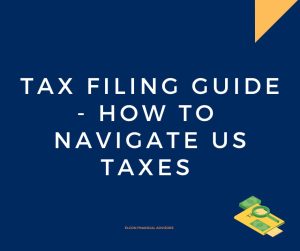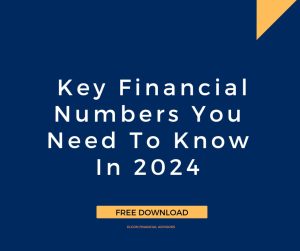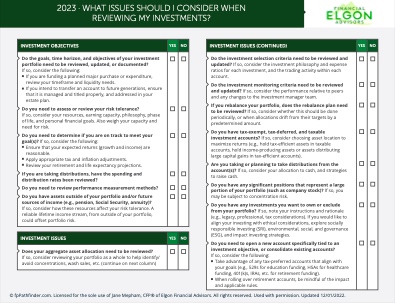One of the most effective ways, I have found to teach kids about money is what my dad called the cost-sharing method, which he used with us growing up.
Photo by Jay Castor on Unsplash
April is the National Financial Literacy Month in the US. The goal is to raise awareness of the importance of financial literacy.
The Jump$start coalition started promoting April, in 2000 as the Financial Literacy Youth Month.
In 2004 the Senate gave the program a big push by passing a resolution that made April the National Financial Literacy Month. This meant that the government recognized how critical having financial skills are.
Many studies show that people need guidance in handling financial matters and making smart money choices.
They need help to be able to balance money decisions like saving, investing, spending, and even where to invest and spend the money.
Millennials Lack Basic Financial Literacy
A majority of Millennials, or those around age 27 to 41 (depending on the data source), are very unsatisfied with their current financial situation.
34% are unhappy but they may not have the tools to change the situation. Of those that have an annual household income above $75,000, 34% are concerned they may not be able to repay their student loans.
Another statistic from the same study shows that this group has the lowest level of financial literacy of all demographics. Only 24% demonstrate basic financial knowledge.
These are some of the prime earning years. It’s critical and crucial to those that are looking to become financially independent.
According to this Bloomberg article, millennials are the most educated generation in history but with various distributions across social-economic groups.
Were basic financial skills not taught or were the students absent that day?
Until schools do more with this, parents have to step up and teach kids about money when they are still young. Make money a part of everyday conversation.
If you are a parent or guardian be creative, make it fun, and use every teachable moment available.
Two posts go into detail on how you can do this today.
How to open a Roth IRA account for your teenager in 6 steps
More than anything else make it count for something. It gets the kids 100% vested in the idea, allowing them to become more curious about money as they grow.
Teach Kids About Money – The Cost-Sharing Plan
Looking back, I’m very lucky to have grown up in a family where money was a part of everyday conversation. My parent’s philosophy was and still is “If you can’t manage one dollar, you can’t manage a million”.
The amount of money you have doesn’t matter, if you don’t know how to budget it. How you use what you have is what counts.
My father came up with an idea he called “The Cost Sharing Plan”, that forced us kids to be completely immersed in the idea of money.
It forced us to learn about where the money comes from, to differentiate needs and wants, and the importance of working hard.
This is how the plan worked.
Cost-Sharing Plan In Action
My parents would take care of all the necessities, including food, shelter, clothing, school tuition, etc. They ensured that we were comfortable, without being extravagant.
You have to decide as a family what makes sense for your specific situation.
With the basics out of the way, we could now pick what I’ll call “other projects” which required money but were not considered needs.
We had a lot of leeway here, and we all managed to do a lot.
We had to know exactly when we required the money, and how much we needed, and finally, we had to come up with half of the money or some big percentage of it before the due date.
It also meant having to do chores to get paid, and as we grew older, being entrepreneurial enough to go out and earn money.
Some people might argue that making kids ‘fed for themselves’ is not ideal, and that’s okay. You have to decide if it works for your family or not, but keep the end goal in mind. I think it was brilliant!
Some of the things I recall doing under this plan included:-
Paying for certification to become a lawn tennis instructor,
Taking extra school/church trips,
Having extra pocket money for school outings among other things.
It’s probably one of the best ways I have found to combat the entitled mentality we see today.
Teach Kids About Money – Financial Lessons Learned
By adopting this method, he got us started on the basics of finances and sparked the desire to learn more about how money works.
We learned to have a healthy relationship with money. Looking back the following is what we gained from that experience.
We learned how to plan from an early age.
We learned how to distinguish between needs and wants.
We learned how to budget and prioritize money items.
We learned the value of hard work and the reward of earning money.
More than anything else we learned to be patient where money was concerned and learned to wait for things we wanted. We learned to avoid going into debt.
We never took anything for granted that cost money.
Looking back, I credit these early money lessons with my strong desire today to want to help other people with their finances.
How are you teaching kids about money today?
Need Help Figuring Out The US Financial Landscape?
Free Financial Assessment
If not ready to start, that’s okay, but please stay on top of our regular updates by email, or by joining here. Sign Up Here.
Disclaimer: This article is provided for general information and illustration purposes only. Nothing contained in the material constitutes tax advice, a recommendation for the purchase or sale of any security, investment advisory services, or legal advice. I encourage you to consult a financial planner, accountant, and/or legal counsel for advice specific to your situation. Reproduction of this material is prohibited without written permission from Jane Mepham and all rights are reserved. Read the full disclaimer here.

Recent Articles

Tax Filing Guide: How To Navigate US Taxes Like A Pro
Whether you are filing taxes as a US tax resident or US nonresident, there are a couple of things you should be aware of. This tax filing guide is a course map to help you navigate your taxes like a pro.

Learn How To Avoid Investing Mistakes – Lessons From Running A Marathon
What happens at the start of a marathon has a lot of investing mistakes lessons for us. How you deal with it can make or break your race, which is similar to your investing journey.

Key Financial Numbers You Need To Know In 2024 (Free Download)
In this post, I discuss, the key financial numbers you need to know in 2024.
I’m also providing you a nice FREE download, so you don’t need to memorize them.


